What are vitamins and minerals
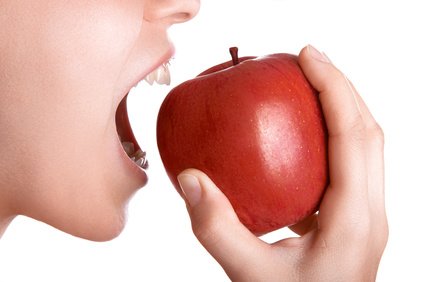 Why do we need supplements in some situations?
Why do we need supplements in some situations?
We humans depend on an array of different nutrients in order to thrive and be able to prevent various diseases. However, even with a healthy and balanced diet there may be circumstances that call for the use of supplements:
- Depleted soil typically lacks minerals and trace elements
- The process of refining, boiling, frying, and exposing food to other types of thorough preparation reduces its content of many different nutrients
- In our part of the world, we are unable to synthesise vitamin D from sunlight during the winter period
- Environmental pollution, stimulant abuse, and the use of medicine challenges the body's immune defence and cleansing organs
- Stress, pregnancy, lactation, age, disease, and high-performance sports activities often increase the need for a number of different nutrients









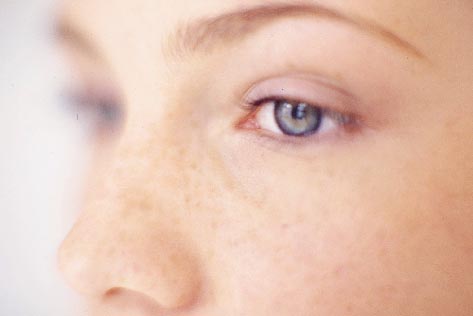 Pure vitamin A (retinol) is a lipid-soluble vitamin. It is primarily found in animal sources that contain fat. Vegetable sources contain a lipid-soluble precursor of vitamin A called beta-carotene. Pure vitamin A is primarily stored in the liver and in fatty tissue, for which reason we do not need a daily supply of the nutrient. Vitamin A and zinc work together. A deficiency in one nutrient will therefore affect the other. On a global scale, vitamin A deficiencies are widespread. In Western countries vitamin A deficiency is normally seen in connection with chronic disease. Vitamin A is destroyed when exposed to oxygen or heat, for instance during cooking.
Pure vitamin A (retinol) is a lipid-soluble vitamin. It is primarily found in animal sources that contain fat. Vegetable sources contain a lipid-soluble precursor of vitamin A called beta-carotene. Pure vitamin A is primarily stored in the liver and in fatty tissue, for which reason we do not need a daily supply of the nutrient. Vitamin A and zinc work together. A deficiency in one nutrient will therefore affect the other. On a global scale, vitamin A deficiencies are widespread. In Western countries vitamin A deficiency is normally seen in connection with chronic disease. Vitamin A is destroyed when exposed to oxygen or heat, for instance during cooking. B vitamins are water-soluble and because they do not get stored in the body, we humans depend on regular intake of them. B vitamins work in synergy in a highly complicated teamwork setup. They take part in most of the body's enzymatic processes, some more actively than others. The uptake of B vitamins depends on gastric acid and digestion.
B vitamins are water-soluble and because they do not get stored in the body, we humans depend on regular intake of them. B vitamins work in synergy in a highly complicated teamwork setup. They take part in most of the body's enzymatic processes, some more actively than others. The uptake of B vitamins depends on gastric acid and digestion.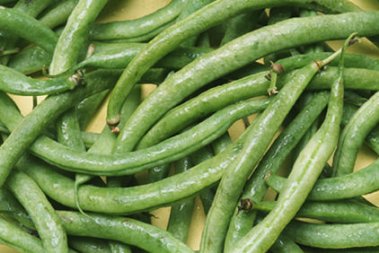 Vitamin B1 is water-soluble and because it does not get stored in the body we depend on regular intake of the nutrient. In the 1920s, the Japanese scientist Umetaro Suzuki discovered vitamin B1 in rice shells and observed that this nutrient counteracted the classic deficiency symptom beriberi. Vitamin B1 is destroyed by alkaline substances and heating but not by freezing
Vitamin B1 is water-soluble and because it does not get stored in the body we depend on regular intake of the nutrient. In the 1920s, the Japanese scientist Umetaro Suzuki discovered vitamin B1 in rice shells and observed that this nutrient counteracted the classic deficiency symptom beriberi. Vitamin B1 is destroyed by alkaline substances and heating but not by freezing Vitamin B2 is water-soluble and because it does not get stored in the body we depend on regular intake of the nutrient. Vitamin B2 is also known as lactoflavin and is used as a yellow colouring agent/additive in various foods. When ingested in very large quantities vitamin B2 causes the urine to turn highly yellow. Vitamin B2 is destroyed by light, heating, and alcohol.
Vitamin B2 is water-soluble and because it does not get stored in the body we depend on regular intake of the nutrient. Vitamin B2 is also known as lactoflavin and is used as a yellow colouring agent/additive in various foods. When ingested in very large quantities vitamin B2 causes the urine to turn highly yellow. Vitamin B2 is destroyed by light, heating, and alcohol.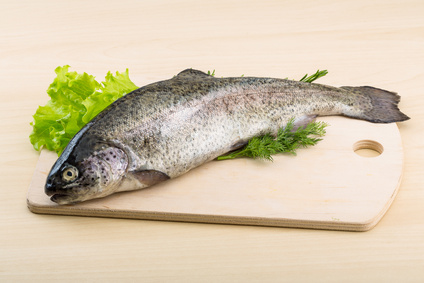 Vitamin B3 is water-soluble and because it does not get stored in the body we depend on regular intake of the nutrient. Niacin is a common term for nicotinic acid and nicotinamide. The body's metabolism is able to synthesise part of its required niacin from vitamin B6 and tryptophan, an amino acid which is primarily found in meat. Vitamin B3 is destroyed by heating.
Vitamin B3 is water-soluble and because it does not get stored in the body we depend on regular intake of the nutrient. Niacin is a common term for nicotinic acid and nicotinamide. The body's metabolism is able to synthesise part of its required niacin from vitamin B6 and tryptophan, an amino acid which is primarily found in meat. Vitamin B3 is destroyed by heating.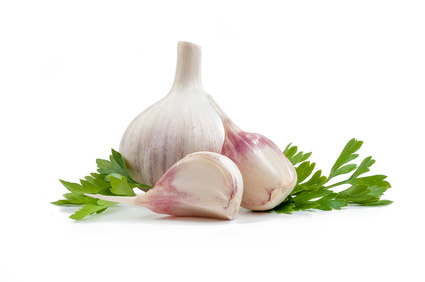 Vitamin B6, also known as pyridoxine, is converted to the active forms, pyridoxal phosphate and pyridoxamine phosphate. Vitamin B6 is water-soluble and because it does not get stored in the body we depend on regular intake of the nutrient. Vitamin B6 is destroyed by heating and light.
Vitamin B6, also known as pyridoxine, is converted to the active forms, pyridoxal phosphate and pyridoxamine phosphate. Vitamin B6 is water-soluble and because it does not get stored in the body we depend on regular intake of the nutrient. Vitamin B6 is destroyed by heating and light.